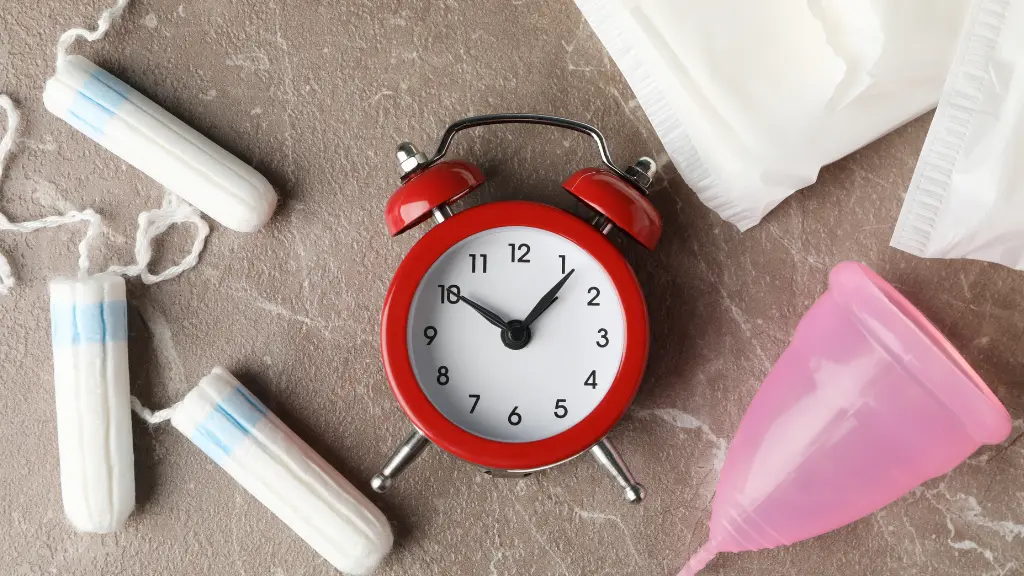Menstrual health is a vital aspect of overall well-being, yet it often remains shrouded in stigma and misinformation. Menstrual hygiene and education go beyond managing periods—they empower individuals to take control of their health and create a society that is supportive and informed.
This guide provides an in-depth look at menstrual health, hygiene practices, and the importance of education in promoting dignity and wellness.
You May Also Like: Hormone Therapy is Back in Focus after Years of Controversy.
Understanding Menstrual Health
Menstrual health refers to a state where individuals can manage their periods safely, hygienically, and with dignity. This involves access to:
- Sanitary products like pads, tampons, or menstrual cups
- Clean water for washing and sanitation
- Knowledge about reproductive health and the menstrual cycle
Why Menstrual Education Matters
Globally, many young individuals enter puberty with little knowledge about menstruation. This lack of education can lead to confusion, anxiety, and feelings of shame. Comprehensive menstrual education helps:
- Reduce Stigma: Open conversations normalize periods as a natural biological process.
- Improve Hygiene Practices: Education ensures safe and healthy period management.
- Empower Individuals: Knowledge fosters confidence and independence.
- Support Inclusivity: Gender-inclusive education benefits everyone, including trans men and nonbinary individuals who menstruate.
Common Challenges in Menstrual Health
- Lack of Access to Products
In many communities, access to sanitary products is limited due to cost or availability. This leads to the use of unsafe alternatives like cloth rags or paper. - Social Stigma
In many cultures, menstruation is considered taboo. Myths about periods being “unclean” perpetuate shame and isolation. - Educational Gaps
Inadequate sex education programs often exclude menstrual health, leaving many without the knowledge to manage their periods effectively. - Environmental Concerns
Single-use menstrual products contribute to plastic pollution. Sustainable alternatives are less accessible and more expensive for many.
Menstrual Hygiene Best Practices
1. Choose the Right Product
Selecting the right product is essential for comfort and hygiene. Options include:
- Pads: Widely used and easy to find. Ensure you change them every 4-6 hours.
- Tampons: Convenient for active lifestyles. Change every 4-8 hours to avoid toxic shock syndrome (TSS).
- Menstrual Cups: Eco-friendly and reusable. They can be worn for up to 12 hours.
- Period Underwear: Absorbent and reusable, ideal for lighter flows or backup.
2. Maintain Hygiene
- Wash your hands before and after handling any menstrual product.
- Bathe daily to prevent infections.
- Clean reusable products thoroughly between uses.
3. Stay Hydrated and Eat Well
A balanced diet and hydration can help reduce period symptoms like bloating and cramps.
4. Track Your Cycle
Using apps or calendars to track your cycle helps you anticipate periods and recognize irregularities that may signal health issues.
The Role of Schools and Communities
Schools
Educational institutions should provide:
- Comprehensive reproductive health education, including menstruation.
- Access to free menstrual products in restrooms.
- Supportive policies for students experiencing period-related discomfort.
Communities
Communities can play a significant role in breaking taboos and improving access to menstrual care by:
- Organizing workshops to educate both boys and girls.
- Providing subsidized or free menstrual products.
- Promoting gender-inclusive conversations about periods.
Sustainable Menstrual Products
The rise in environmental awareness has spotlighted the impact of single-use menstrual products. Sustainable alternatives include:
- Menstrual Cups: Durable, cost-effective, and environmentally friendly.
- Reusable Pads: Made from cloth, these can be washed and reused.
- Biodegradable Pads: Designed to break down quickly in landfills.
- Organic Tampons and Pads: Free from harmful chemicals and bleach.
Adopting sustainable products not only reduces waste but also promotes long-term savings.
Reducing Period Stigma
Open Conversations
Encourage open discussions about menstruation at home, schools, and workplaces. Normalize it as a health topic, not a taboo.
Advocacy and Policy
Advocating for menstrual equity can lead to policies that ensure free access to menstrual products in public spaces.
Menstrual Education for All
Menstrual health isn’t just a women’s issue. Boys and men should also be educated about periods to foster empathy and inclusivity.
The Impact of Menstrual Health on Society
- Education and Productivity
Lack of access to menstrual products leads to missed school days and work. Addressing this ensures equal opportunities. - Health and Well-being
Proper menstrual care prevents infections, improves hygiene, and enhances overall quality of life. - Economic Benefits
Affordable access to products boosts productivity and reduces healthcare costs associated with poor menstrual hygiene.
Overcoming Barriers to Menstrual Health
- Increase Awareness: Media campaigns and local outreach programs can break taboos.
- Improve Access: Governments and NGOs should prioritize making menstrual products free or affordable.
- Innovate: Encourage research and development of affordable, sustainable menstrual care solutions.
Conclusion
Menstrual health and hygiene are critical for overall wellness and gender equity. By improving education, access, and reducing stigma, we can create a society where menstruation is managed with dignity and respect. Whether it’s through advocating for free menstrual products, adopting sustainable options, or educating future generations, everyone has a role to play in advancing menstrual health.
Let’s continue the conversation to empower and uplift individuals everywhere.










